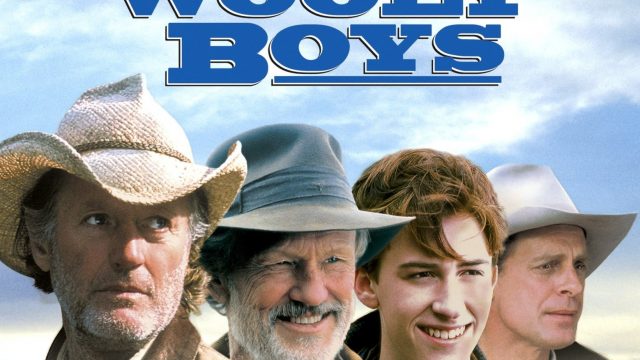Democrat Lawmaker Wants North Dakota To Subsidize The Movie Industry

Last year Democrat Rep. Marie Strinden, who represents District 18 in Grand Forks, resigned from her job at the North Valley Arts Council after financial irregularities were discovered, including bounched checks. But that hasn’t deterred Strinden from a desire to support the arts, albeit with other people’s money.
In two companion bills Strinden has proposed big state subsidies for the movie industry. In HB1420 Strinden calls for tax credits for movie productions that pay an application fee and are certified by the state. In HB1422 Strenden calls for a $170,000 appropriation to the Department of Commerce to promote North Dakota as a filming location.
[mks_pullquote align=”right” width=”300″ size=”24″ bg_color=”#000000″ txt_color=”#ffffff”]”Politicians have no more business subsidizing movie productions for millionaire actors than they do subsidizing sports stadiums for millionaire athletes.”[/mks_pullquote]
Neither bill has any co-sponsors which typically isn’t a good sign for a piece of legislation’s popularity. Not even her fellow Democrats signed up for this.
There has been a call for these sort of subsidies in the state. In 2013 a film group calling itself Youg Four-Eyes Productions (a reference to Teddy Roosevelt) called for a fund to promote filmmaking in the state.
But North Dakotans have been down this road before, and it wasn’t a positive experience. In 1999 “Wooly Boys,” starring Peter Fonda and Kris Kristofferson, was filmed in the state. The movie was a flop, and the Bank of North Dakota wrote off a $1.6 million loan to the project.
And these sort of subsidies haven’t exactly worked out well in other states. In Maryland taxpayers shelled out big dollars to subsidize the production of Netflix’s hit “House of Cards” and HBO’s “Veep
,” but the benefit for taxpayers was fleeting at best.
The subsidy program “not only doesn’t come close to paying for itself – generating a paltry 10 cents in return for every dollar spent – but also doesn’t boost job creation in anything but the very short term, leaving the state worse off in the long run than it would have been if the program had never existed,” reported Pat Garofalo of U.S. News & World Report in December.
I tend to look at these sort of subsidies like I do subsidies for professional sports stadiums. Filmmaking, like sports, is a multi-billion dollar industry in which billionaires employ millionaires to produce a product that is wildly profitable most of the time.
Why on earth should any taxpayers, anywhere, ever have to subsidize such an enterprise? Politicians have no more business subsidizing movie productions for millionaire actors than they do subsidizing sports stadiums for millionaire athletes.




